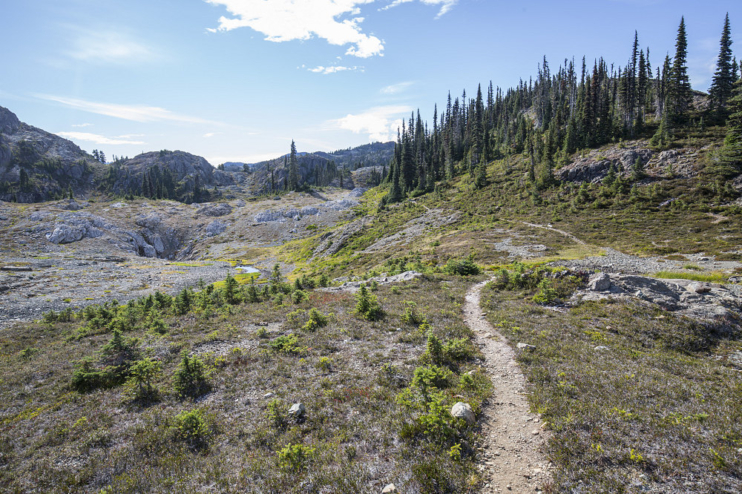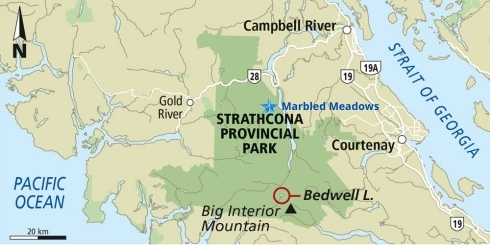They’re cute, curious and one of Canada’s most endangered mammals. The Vancouver Island marmot, found only in the rugged island mountains, numbers just 200 in the wild. However, things may be looking up for this little critter.
Scientists are high-fiving scientists the recent discovery of a colony of a dozen marmots, including adults and pups, living near Marble Meadows in Strathcona Provincial Park.

Credit: alavigne.net
Adam Taylor, executive director of the Vancouver Island Marmot Recovery Foundation, called it “a thrilling sign” that marmots are clawing their way back.
“We’ve been waiting years to see this,” Taylor said in a CBC News report. “Our expectations have been low, to be blunt. It’s been a long time of trying to reintroduce these marmots, trying to re-establish colonies.”
It’s the third wild colony discovered this year.
Vancouver Island marmots hit rock bottom in 2003 due to habitat loss, and predation had reduced the population to less than 30 individuals.
For decades, scientists have been trying to keep this tiny little critter alive through captive breeding programs at the Toronto Zoo, the Calgary Zoo, and a special centre at the base of Mount Washington. The recent discovery of a colony in the wild suggests the work is starting to pay off.

However, they’re not out of the woods yet.
Life is tough for the Vancouver Island marmot. They must build massive burrows metres below the ground to hibernate during winter. They also need to find enough food to build up the fat layers required for hibernation, while evading predators. As a result, their overall numbers remain low, and the record summer drought has not helped the species.
“This isn’t the end of the road for recovery for this species. It’s a good step, though,” Taylor told CBC.









